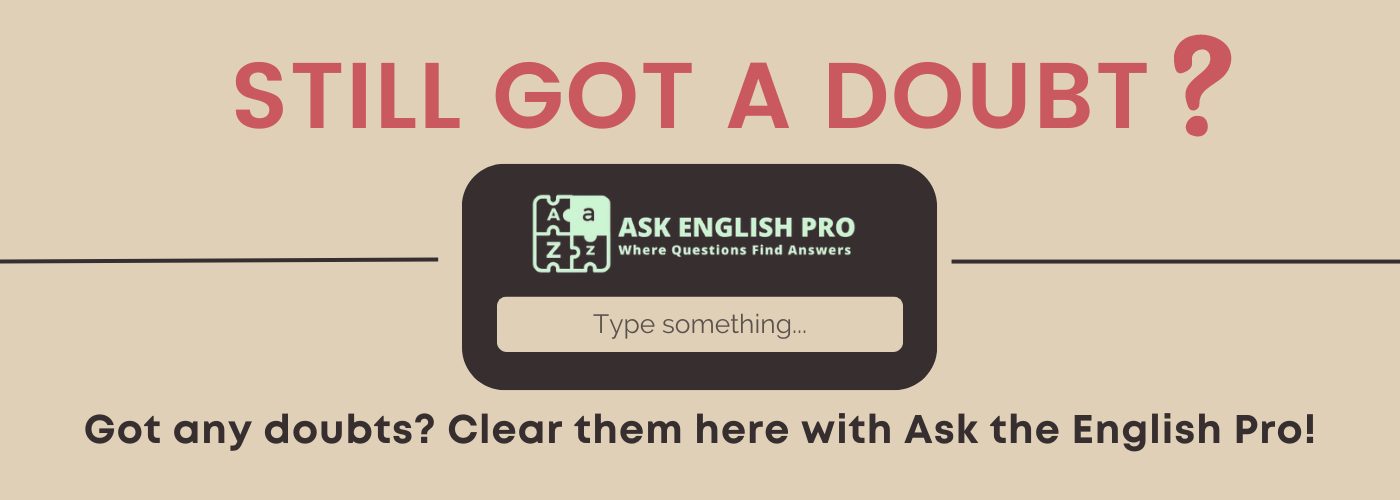Detailed Article for the Word “Plunge”
What is Plunge: Introduction
Imagine standing at the edge of a cliff, feeling the thrill of anticipation before taking a fearless leap into the water below—this is the essence of a “plunge.” The word captures the exhilaration, depth, and risk of diving headfirst into an experience, whether physical, emotional, or intellectual. From financial markets to personal decisions, “plunge” resonates with those moments when we make bold moves, embracing both the excitement and uncertainty of what lies ahead.
Origin and History of the Word Plunge
“Plunge” derives from the Old French word “plonger,” meaning “to immerse” or “dive,” which itself has roots in the Latin “plumbicare” (to sound with lead, referencing measuring depth). Originally, “plunge” was used in Middle English during the 14th century to describe submersion in water. Over time, its meaning expanded, and by the 17th century, it also referred to sudden, forceful actions, especially ones carrying risk or intensity, like “plunging into battle.” Today, “plunge” evokes both physical and metaphorical immersions into intense, often uncharted situations.
Meaning and Definition of Plunge
Plunge (verb and noun):
- (Verb) To dive or jump quickly and energetically into something (e.g., water)
- (Verb) To fall or move suddenly downward or forward
- (Verb) To suddenly experience or engage in something intensely
- (Noun) A sudden and forceful movement downward or forward
- (Noun) An act of immersion or deep involvement in a situation
How to Pronounce Plunge
plunj
How to Remember Plunge: Memory Tips
Think of “plunge” as a combination of “plow” and “dive”—visualize someone “plowing” or pushing forcefully into water. Another memory cue is to picture a cliff diver making a daring leap, fully immersing in the water below. Remembering the image of plunging a spoon into a thick bowl of ice cream, going deep with one quick move, can also help you recall the word’s intensity and depth.
Plunge in a Sentence: Examples and Usage
- Physical: She took a deep breath and plunged into the icy lake, the cold water taking her breath away.
- Financial: The stock market took a plunge after the unexpected economic announcement.
- Emotional: After months of hesitation, he decided to take the plunge and propose.
- Environmental: The river plunges over the waterfall, cascading into a deep pool below.
- Business: With confidence in their innovative idea, they took the plunge into entrepreneurship.
- Historical: In the Great Depression, the global economy experienced a steep plunge in production and employment.
- Scientific: As temperatures plunge in the Arctic, scientists study the effects on local wildlife.
Difficulty Level of Using Plunge
Basic to Intermediate: “Plunge” is commonly used in everyday language, but the context can vary widely—from literal descents to metaphorical engagements. Mastering its diverse applications can enhance both casual and formal speech.
Modern Usage of Plunge in Contemporary Context
In today’s fast-paced world, “plunge” is widely used across various domains to describe rapid and often dramatic actions:
- Financial and Economic: Headlines frequently use “plunge” to describe sudden market downturns, such as stock values or cryptocurrency prices dropping sharply in value.
- Environment and Climate: Scientists speak of temperature plunges when describing extreme weather changes, especially in winter storms and polar conditions.
- Personal Development: “Taking the plunge” has become a popular phrase for embarking on new, often risky ventures, whether in relationships, careers, or lifestyle changes.
On social media, the metaphor of “plunge” is frequently used in motivational contexts to encourage people to dive into new experiences without overthinking. In fiction and storytelling, it illustrates intense moments of transformation or adventure, as characters plunge into new worlds, discoveries, or challenges. In professional settings, “plunge” may describe deep involvement in a project or endeavor, reflecting focus and commitment. As a versatile word, “plunge” continues to capture the essence of dynamic action and immersion, making it useful across multiple contexts.



















